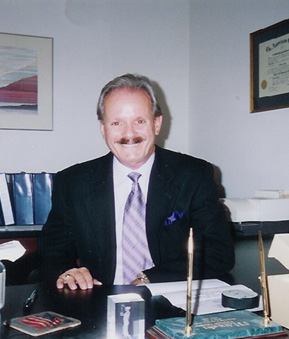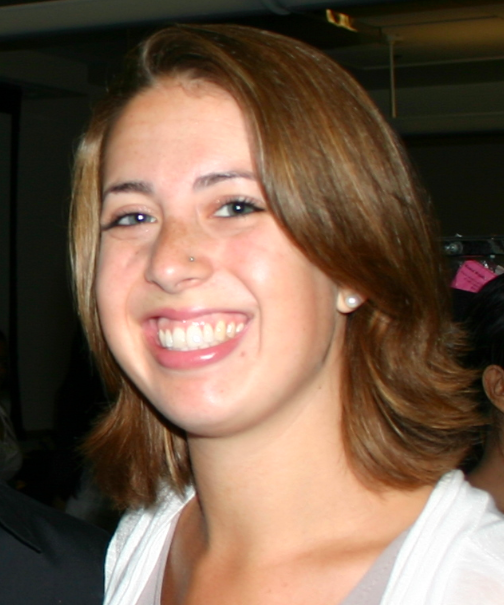Each month Extension’s financial education program is profiling an outstanding volunteer. To nominate someone, please email Megan Kuhn at Megan.Kuhn@vt.edu.
Name: Mike May
Lives: Reston
Works: Financial Advisor for more than 30 years
Mike May has volunteered as a Master Financial Education Volunteer since 2012. This summer he developed a new Extension presentation about the best time to claim social security benefits.
Q. What would people be surprised to learn about you?
A. I spent the first 13 years of my life overseas because my father was in the State Department. I had to learn how to adapt to a bunch of cultures. It was a great, liberal education.
Q. Where was the most interesting place you lived?
A: Pretoria, South Africa. There was a game preserve, and we spent a lot of time going through listening to the roaring lions. It was an experience I’ll never forget.
The main thing I learned from living overseas was how to deal with different types of people. After South Africa I moved to Fiji, Hawaii and Sydney, Australia. If you don’t learn to adapt you won’t do so well.
Q. Why is financial education important?
A. It’s life changing. I’ve had people say to me, “I’ve never had a budget before, but now I feel I’m in control of my finances rather than my finances in control of me.” It was simply because I’d taught them how to set up a budget.
Q: What prompted you to create a new class for us?
A: In the past I directed people to the Social Security Administration’s website because their website is straightforward. But my financial advising clients who are baby boomers kept asking about social security. When I took a class titled Savvy Social Security Planning Strategies for Baby Boomers, I realized there was a lot more to know about social security. I initially went to the class for my work clients, but I want to get this information out to everyone.
Q. Why do you volunteer?
A. I want to get out the information. I teach 10 Baby Steps to Financial Freedom at my church. It’s usually attended by folks in their 20s and 30s who are just getting started in life financially. I just wish when I was that young that I had been told some of the things I’ve been able to tell young people.
The same thing is true for my volunteering with Extension. Folks are looking for help and don t necessarily have the money to pay for a financial advisor. They’re looking for objective, good counsel.
Q. We trained new volunteers in August and September. What advice would you give to our new volunteers?
A: Really pay attention to the instructor and the materials given out. Then do additional research to add to and enhance what the basic materials are. Google budgeting and do some independent study so you feel more confident.


